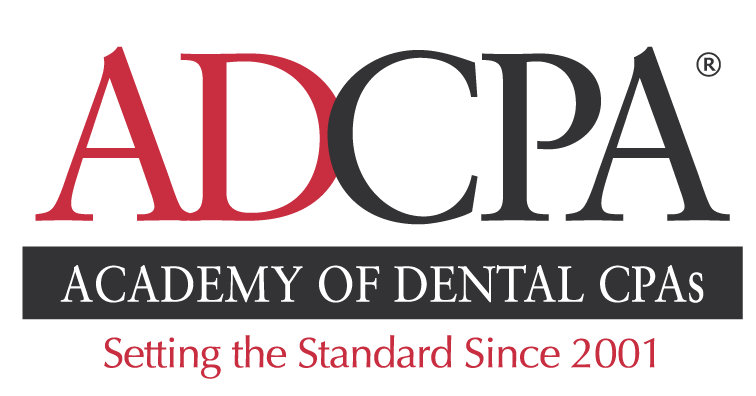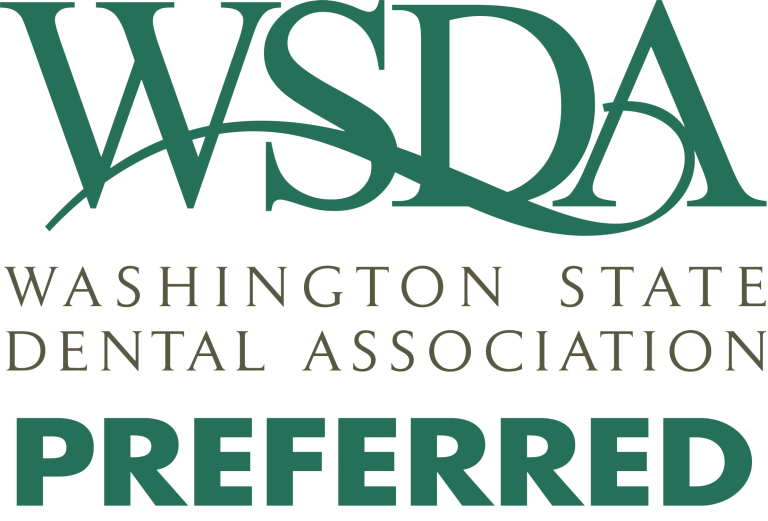Understanding your sales and use tax obligations in Washington State is essential for maintaining compliance and avoiding costly penalties. Whether you operate a dental practice, professional services firm, or retail business, staying current with these requirements can save you significant time and money.
This guide breaks down everything you need to know about Washington’s sales and use tax system, including recent legislative changes that took effect in late 2025.
Understanding Sales and Use Tax in Washington
What Is Sales Tax?
Sales tax is imposed on retail sales of most goods and certain services in Washington State. When your business sells taxable items or services to customers, you must collect the applicable sales tax at the point of sale and remit it to the Washington Department of Revenue (DOR).
The combined state and local sales tax rates vary by location, ranging from 6.5% (the state base rate) to over 10.5% in some areas, such as parts of King County. It’s important to apply the correct rate based on where the sale occurs.
What Is Use Tax?
Use tax serves as the counterpart to sales tax. It applies when your business purchases taxable goods or services from out-of-state vendors (or in-state vendors who fail to charge sales tax) and uses those items in Washington.
The use tax rate equals the sales tax rate that would have applied if the purchase had been made locally. Business owners are responsible for self-reporting and remitting use tax on their Combined Excise Tax Return.
Who Is Subject to Sales and Use Tax?
Washington businesses are generally subject to sales and use tax obligations if they meet any of the following criteria:
• Have a physical presence in Washington (office, employees, inventory, or business location)
• Meet the economic nexus threshold of $100,000 or more in gross receipts sourced to Washington in the current or prior year
• Sell taxable goods or services to Washington customers
• Purchase items or services for use in Washington without paying sales tax
Special Considerations for Dental Practices and Service Businesses
While professional dental services are generally not subject to sales tax, practices must still collect sales tax on certain retail items sold to patients, such as oral care products sold over the counter. Additionally, dental practices must pay use tax on business purchases where applicable, including acquired assets when buying a practice.
Service businesses like dental practices are also subject to a state (and sometimes city) Business and Occupation (B&O) tax on gross receipts. This typically ranges from 1.5% to 2%, depending on the location of the business and whether there is an applicable city tax rate.
Recent Changes: ESSB 5814 and New Sales Tax Categories
Effective October 1, 2025, Washington’s ESSB 5814 extended retail sales tax to several new categories that may significantly impact your business operations.
Advertising Services Now Subject to Sales Tax
The new law broadly defines taxable advertising services as “all digital and nondigital services related to the creation, preparation, production, or dissemination of advertisements.” This encompasses a wide range of activities, including:
• Website development and design
• Logo design and branding
• Search engine optimization (SEO) services
• Acquisition of advertising space
• Consulting and advice on advertising methods
Live Presentations and Speaking Engagements
Seminars, workshops, and continuing education events where participants attend in-person or via real-time telecommunication are now subject to sales tax. This has important implications for professionals who receive compensation for speaking engagements—they must now collect and remit sales tax to the Department of Revenue.
What Remains Exempt
Several advertising-related categories remain exempt from sales tax:
• Radio and television advertisements
• Newspapers
• Fixed signage such as billboards
• In-store displays
Outside of these specific exceptions, the State generally assumes that anything related to advertising is subject to sales tax.
What to Look For: Ensuring Compliance
While vendors are responsible for collecting sales tax, many may not yet be aware of the new rules—particularly if you work with out-of-state vendors. Here’s what you should do:
1. Review your advertising invoices to verify whether sales tax is being charged.
2. Contact vendors who aren’t charging sales tax to understand their reasoning. They may have a valid exemption (such as minimal presence in Washington) or may have inadvertently omitted the tax.
3. Self-report use tax on your Combined Excise Tax Return if vendors legitimately cannot charge sales tax.
The Combined Excise Tax Return
Washington does not have a state income tax. Instead, businesses file a Combined Excise Tax Return that includes:
• Business & Occupation (B&O) Tax – A gross receipts tax on business activities
• Retail Sales Tax – Tax collected from customers on taxable sales
• Use Tax – Self-reported tax on out-of-state or untaxed purchases
• Other applicable state and local taxes
All registered Washington businesses must file this return, even if they had no business activity during the reporting period. This is known as a “no business activity” return.
Filing Frequencies and Due Dates
The Department of Revenue assigns filing frequencies based on your estimated annual tax liability:
|
Filing Frequency |
Business Size |
Due Date |
|
Monthly |
Higher volume businesses |
25th of following month |
|
Quarterly |
Mid-range businesses |
Last day of month after quarter |
|
Annual |
Smaller businesses |
April 15 / January 31 |
Note: Due dates falling on weekends or holidays extend to the next business day.
Late Filing and Payment Penalties
Timely filing is crucial to avoid escalating penalties. Here’s what you can expect if you miss your deadlines:
|
Timing |
Penalty |
|
After due date |
9% |
|
After last day of following month |
19% |
|
After 2nd month following due date |
29% |
|
Interest (2025 rate) |
7% annually |
Additionally, interest accrues at approximately 7% annually (2025 rate) on unpaid tax balances.
Next Steps for Your Business
Staying compliant with Washington’s sales and use tax requirements requires ongoing attention, especially with the recent legislative changes. We recommend reviewing your current practices, auditing your vendor invoices for proper tax collection, and ensuring your bookkeeping processes capture any use tax obligations.
If you work with a bookkeeping team, make sure to notify them of any invoices requiring use tax treatment so they can properly record the expense and include the tax on your next excise tax return.
Disclaimer
This article is
for informational and educational purposes only and should not be construed as
specific accounting, legal, or tax advice. Tax laws and interpretations may
change, and specific situations may warrant different approaches. The
information provided herein does not create a client relationship and is not a
substitute for professional consultation. Please consult with a qualified
accounting professional to discuss how these requirements apply to your
specific circumstances.





